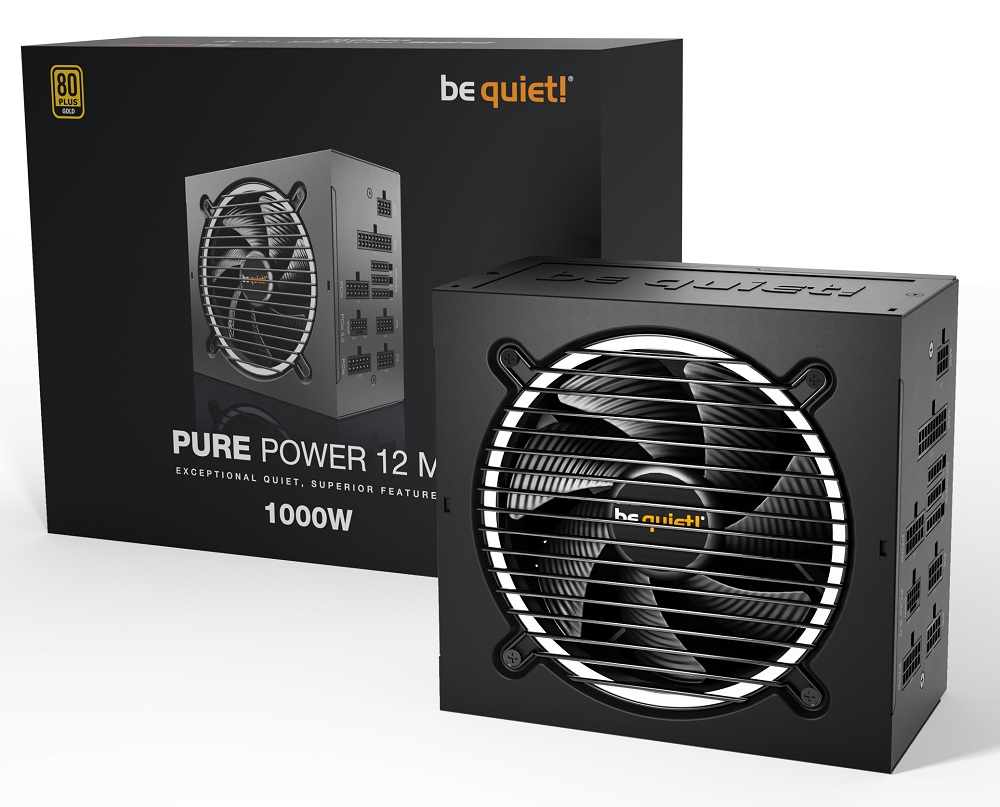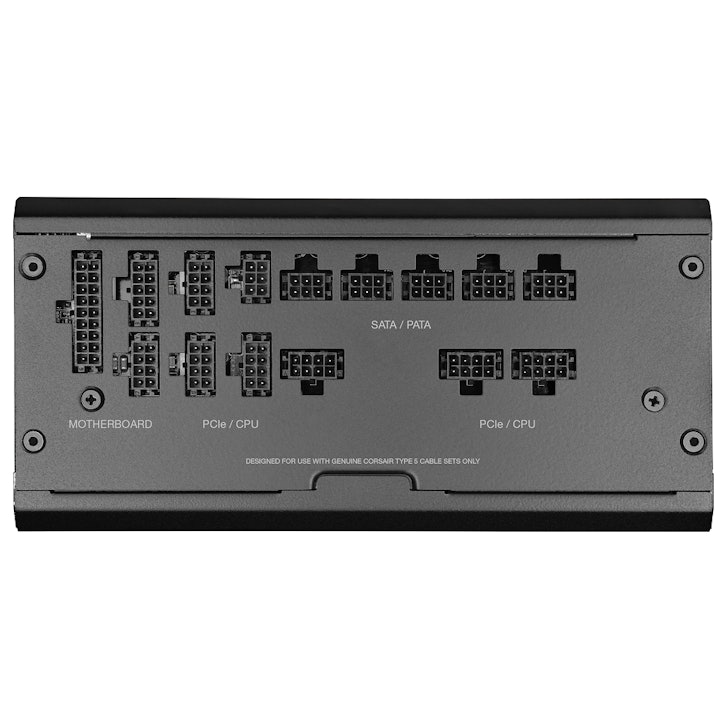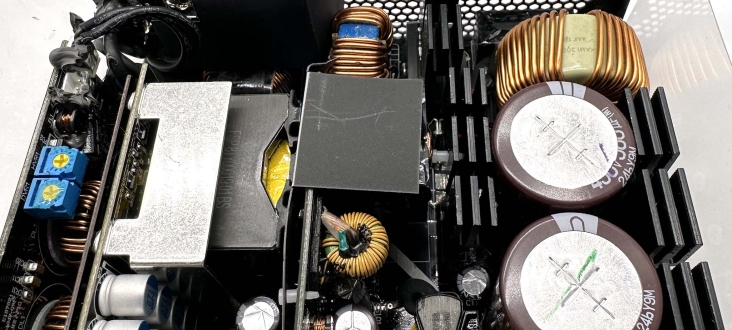Hi
I'm having intermittent reboot issues on my PC and I have a bit of a feeling it's power related. I have a Corsair TX 850w PSU that I bought back in the crazy days of 2009, so reckon that's probably done enough hours.
What would be the recommendation for something very quiet but reliable, and likely to survive the next couple of upgrades.
Case is a Darkbase Pro 900, currently on a Ryzen 5 3600x / B450 platform although tempted to throw in a 5900x as an upgrade, with a Nvidia RTX 3070. Need a fair few SATA connectors that can string around the case as they power 4 drives, optical drive and the bling-bling case lights.
Think that's about it that's relevant but let me know if there's anything I've missed.
Not interested in splashing top dollar just for the sake of it but can spend whatever is required to get the job done properly.
Thanks all
I'm having intermittent reboot issues on my PC and I have a bit of a feeling it's power related. I have a Corsair TX 850w PSU that I bought back in the crazy days of 2009, so reckon that's probably done enough hours.
What would be the recommendation for something very quiet but reliable, and likely to survive the next couple of upgrades.
Case is a Darkbase Pro 900, currently on a Ryzen 5 3600x / B450 platform although tempted to throw in a 5900x as an upgrade, with a Nvidia RTX 3070. Need a fair few SATA connectors that can string around the case as they power 4 drives, optical drive and the bling-bling case lights.
Think that's about it that's relevant but let me know if there's anything I've missed.
Not interested in splashing top dollar just for the sake of it but can spend whatever is required to get the job done properly.
Thanks all








